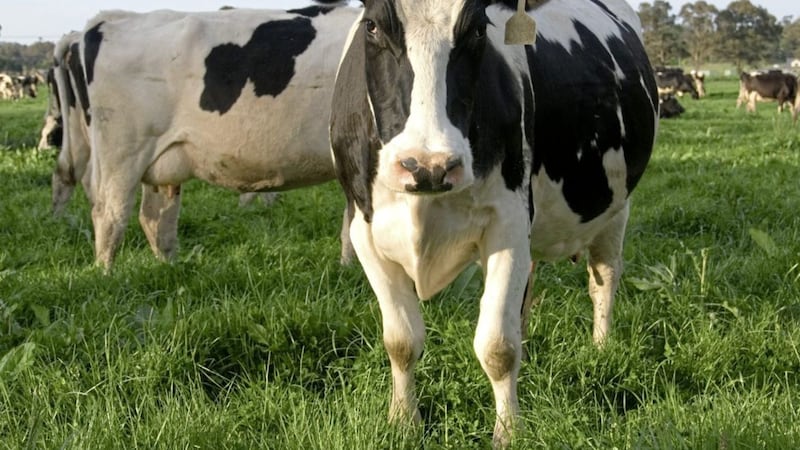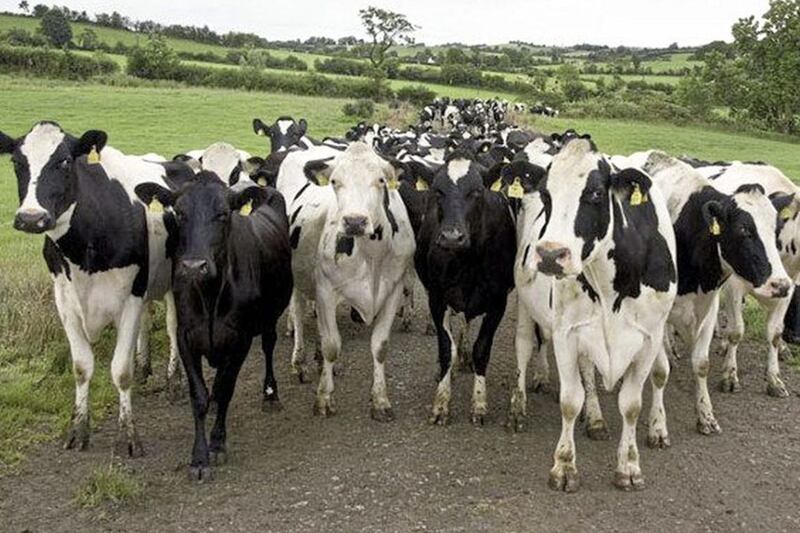NORTHERN Ireland has more than 300,000 dairy cattle – that's much more than is required to supply the region's needs, whether it's liquid milk, cheese or yoghurt. So in addition to drying milk for export as milk powder, around a third of the milk collected at farms every day across the region goes south for processing, mostly to Cavan-based Lakeland Dairies. It is this cross-border trade that will be disrupted in the event of a no deal Brexit. The imposition of tariffs and quality checks for southern-bound milk would immediately make its movement unviable, and as cows need to be milked twice a day and their output processed quickly, output in the north would have to increase significantly, pretty much overnight.
Sending it across the North Channel isn't a realistic option because of the additional cost and while Lakeland Dairies has plants north of the border and could increase its capacity over time, doing so in the matter of days is unfeasible. The farming-owned co-operative was yesterday refusing to comment on the cull speculation.
Add to the border difficulties the strong possibility that the markets for milk produced in the north are likely to be fewer in the event of a no deal Brexit and it looks like a perfect storm is heading this way. It is in such a scenario that unnamed industry source told BBC Newsnight that up to 45,000 cows could be culled in the weeks after October 31.
The response from the industry has been one of denial. Ulster Farmers Union president Ivor Ferguson yesterday described the claims as "scaremongering". However, at the same time he warned that a no deal Brexit would wreak catastrophe on farming sector and offered no clear solution to the problem of milk over-supply that could materialise in November.
Farmers are mindful that they shouldn't talk the industry down but they must also be aware of the dangers that lie just 84 days away.
Perhaps now the UFU regrets it wasn't more vocal on the perils of Brexit when it remained on the fence during the EU referendum?
Politically, the DUP, as advocates of Brexit and allies of Boris Johnson, will be fearful that the scenario spelt out by the agri-industry insiders doesn't come to pass. It's been forecast that in the medium to long-term a no deal Brexit will shake Northern Ireland's constitutional foundations but in a matter of weeks one of unionism's most important constituencies could be facing a more immediate crisis.




